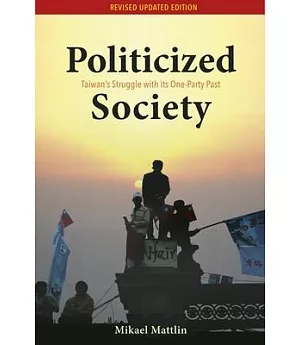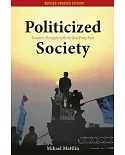This book explores a relatively uncharted area of democratic transitions: the empirical study of intensely politicized transitional societies. In particular, it addresses the problems of
protracted democratic transitions that occur when a one-party state has been incompletely dismantled. Due to an initially smooth political transition from one-party authoritarianism to
multi-party politics, Taiwan’s gradual process of democratization has been celebrated as one of the most successful cases of political transformation. However, this political transition was
incomplete and, especially since 2000 when the first non-Kuomintang president was elected, Taiwan has been marked by protracted political struggles together with an intense politicization of
society that threatens the sustainability of the country’s democratic politics. This updated and expanded edition draws out the broader implications of the book’s argument regarding the
politicization of society, and ponders the prospects for Taiwan’s democracy in the shadow of a dominant China. Not only scholars and students of East Asian politics will find this an
illuminating study but also policy-makers, NGOs, businesses, journalists and many others interested in Taiwan and Greater China, and in democratic transition more generally.



